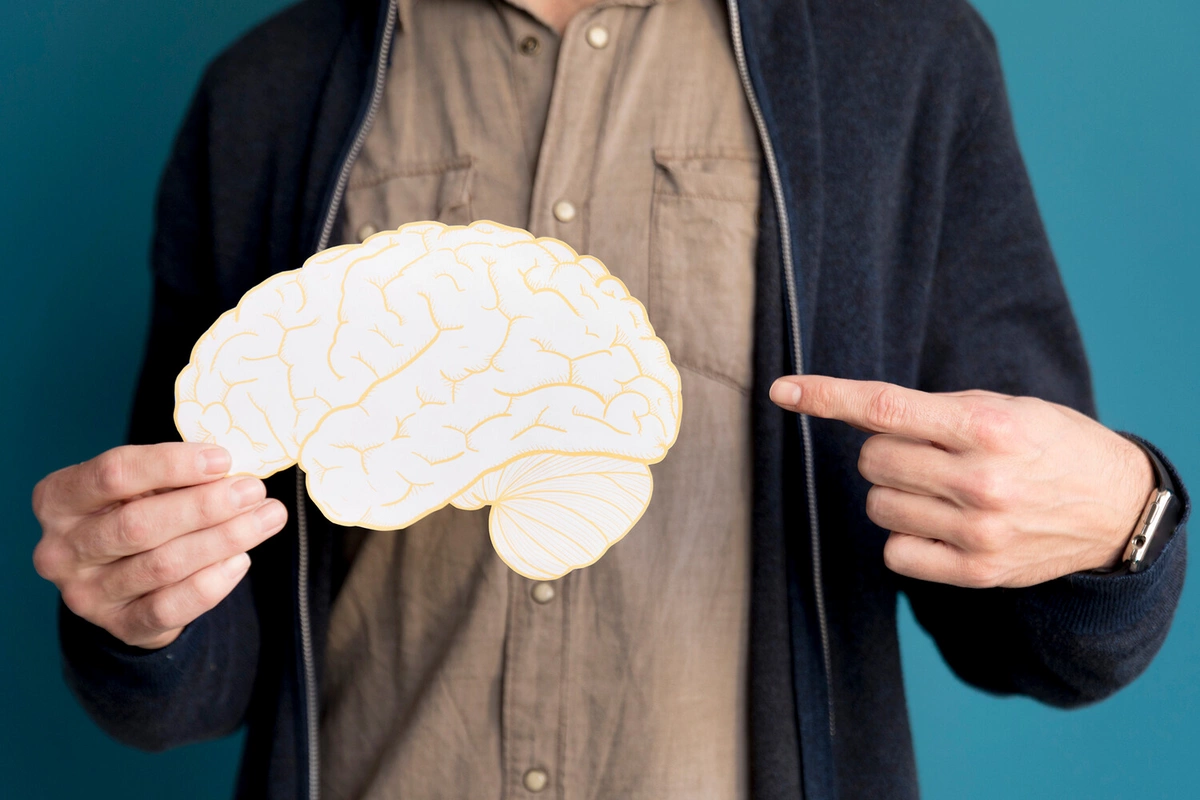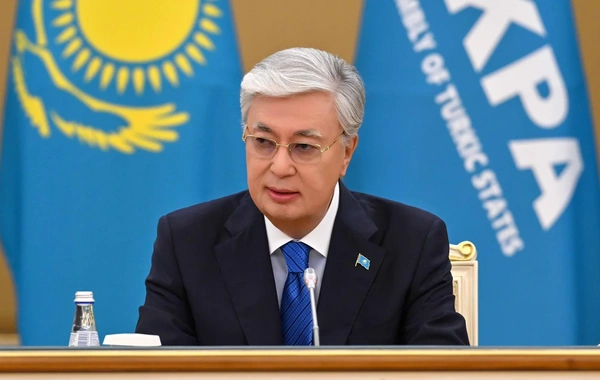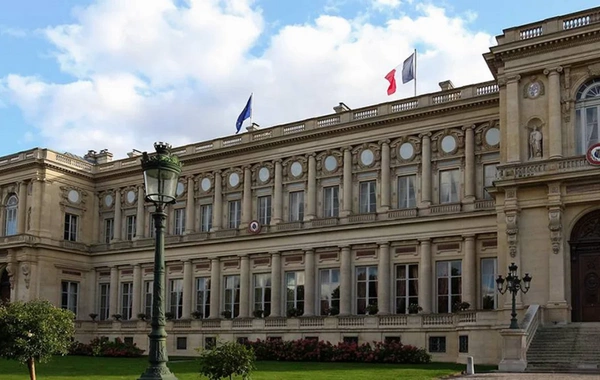A new way to combat memory decline has been found

Brazilian scientists found a molecule that helps restore memory
Researchers from Brazil discovered that the hevin molecule, produced by special brain cells - astrocytes, can strengthen connections between neurons and promote memory restoration. The results of their work are published in the journal Aging Cell.
The experiments were conducted on mice with a model of Alzheimer's disease. Scientists studied the glycoprotein Hevin (also known as SPARC-like1 or SPARCL-1), which is secreted by astrocytes - cells that support neurons and participate in the immune defense of the brain. However, astrocytes can both help and harm: in some cases, they contribute to inflammation and neurodegeneration.
The results showed that increasing hevin levels helps preserve cognitive functions in elderly animals - both with and without signs of dementia. At the same time, hevin did not affect the formation of beta-amyloid plaques, traditionally considered the main marker of Alzheimer's disease. This suggests that the disease may be associated not only with the accumulation of protein deposits but also with impaired neuroplasticity.
According to scientists, this discovery could change the approach to treating dementia. Previously, researchers' attention was mainly focused on neurons, but now it becomes clear that astrocytes also play an important role in memory preservation. They may become a key target for new drugs against age-related cognitive disorders.
Similar News
France allowed the USA to use its military bases in the Middle East
France has authorized American combat aircraft to be temporarily stationed at its military bases in the Middle East. As reported by BAKU.WS, French media are re...



 Azərbaycanca
Azərbaycanca  По-русски
По-русски  English
English 






